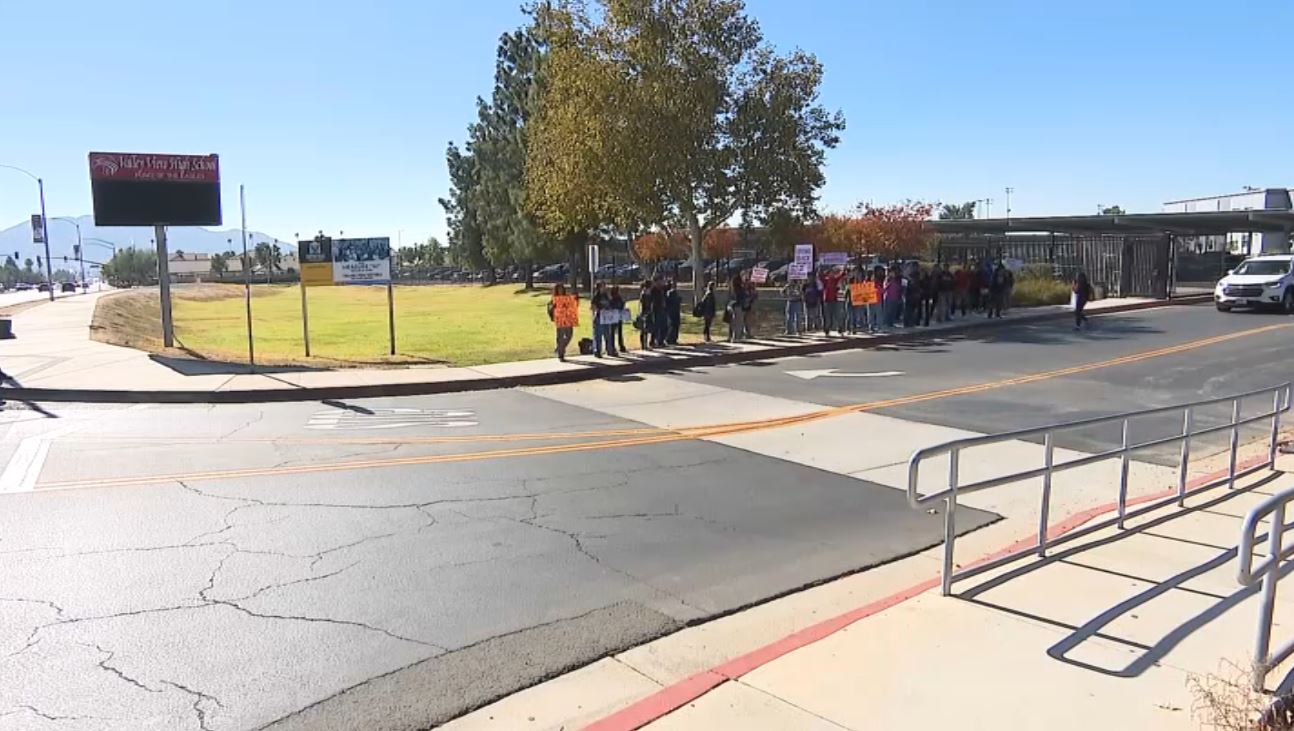Have you ever wondered how hurricanes are named?
Naming storms began about 200 years ago. The earliest evidence of hurricane names was found in Puerto Rico. The people would name a storm after the Catholic saint being honored on the day the storm struck. For example, July 26, 1825 a violent hurricane hit Puerto Rico on Santa Ana Day. The storm got named the Santa Ana storm. And, there was San Felipe the First and San Felipe the Second, hurricanes that hit Puerto Rico on Sept. 13 in 1876 and 1928.
There are also arbitrary examples from the late 1800s and early 1900s. An Atlantic storm that ripped off the mast of a boat named Antje became known as Antje's hurricane.
In 1951, the United States government started tracking storms and naming them before they hit land. It used a phonetic alphabet Able, Baker, Charlie etc. But when a new, international phonetic alphabet was introduced in 1953, the United States began using female names for storms.
Experience shows that the use of short, distinctive given names in written as well as spoken communications is quicker and less subject to error than the older more cumbersome latitude-longitude identification methods. These advantages are especially important in exchanging detailed storm information between hundreds of widely scattered stations, coastal bases, and ships at sea.
To make it more organized and efficient, meteorologists at the National Hurricane Center decided to identify storms using names from a list arranged alphabetically. Thus, a storm with a name which begins with A, like Anne, would be the first storm to occur in the year. In 1979 male named got added to the list.
They are now maintained and updated by an international committee of the World Meteorological Organization. Six lists are used in rotation. Thus, the 2017 list will be used again in 2023.
Local
Get Los Angeles's latest local news on crime, entertainment, weather, schools, COVID, cost of living and more. Here's your go-to source for today's LA news.
The only time that there is a change in the list is if a storm is so deadly or costly that the future use of its name on a different storm would be inappropriate for reasons of sensitivity. If that occurs, then at an annual meeting of the WMO the name of a storm like Katrina in 2005 is retired and another name is selected to replace it. Infamous storm names such as Haiyan (Philippines, 2013), Sandy (USA, 2012), Rita (USA, 2005) have been retired. And you can bet Harvey and Irma will be removed from the list this year. The storm names for the Atlantic Basin reflect the different cultures affected by Atlantic Hurricanes. You’ll see American, French, Dutch and English names all represented.
A survey went out of the members of the World Meteorological Organization on why they picked the named they did. While there were plenty of storms named after mothers, sons and daughters, the number one reason given to the female name of a storm? An ex-girlfriend or former wife.



